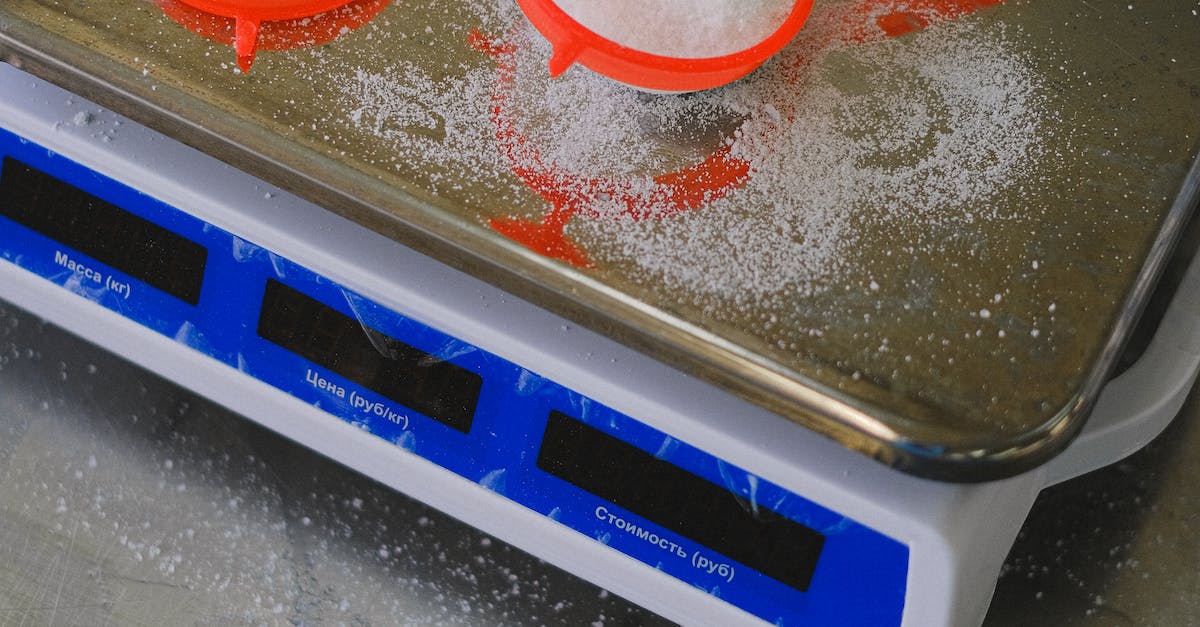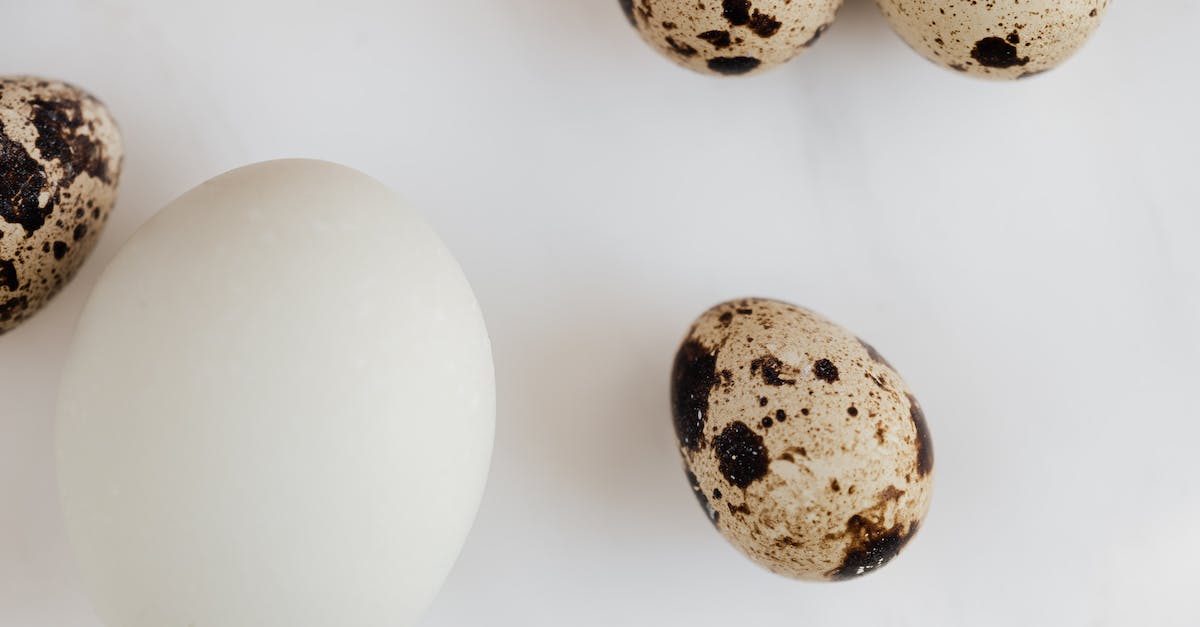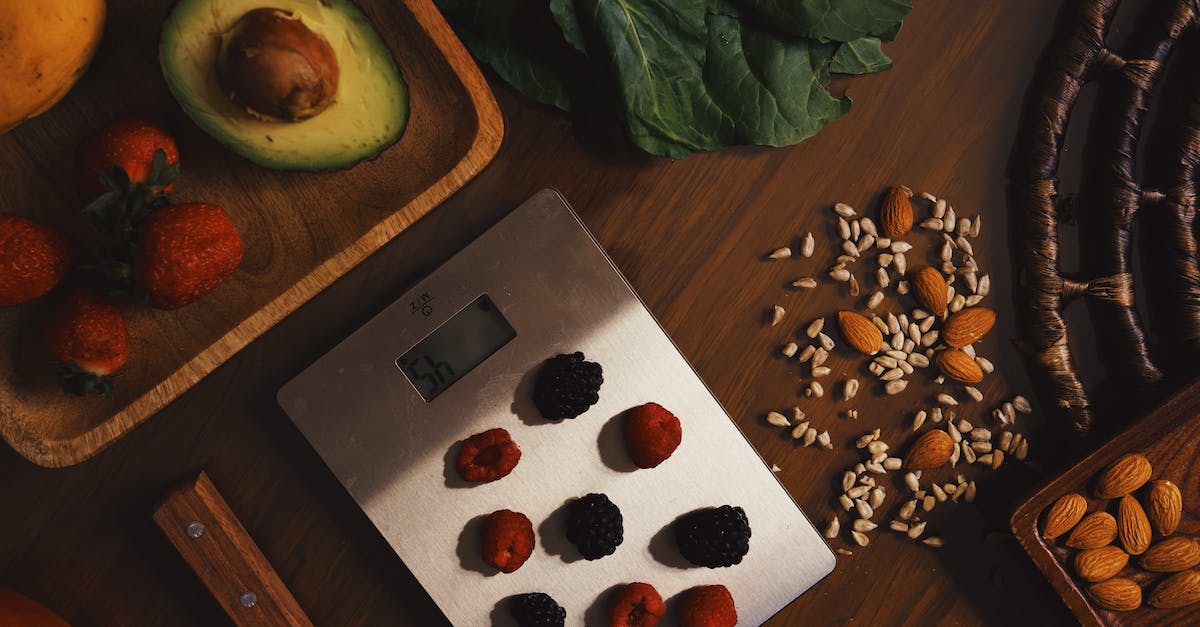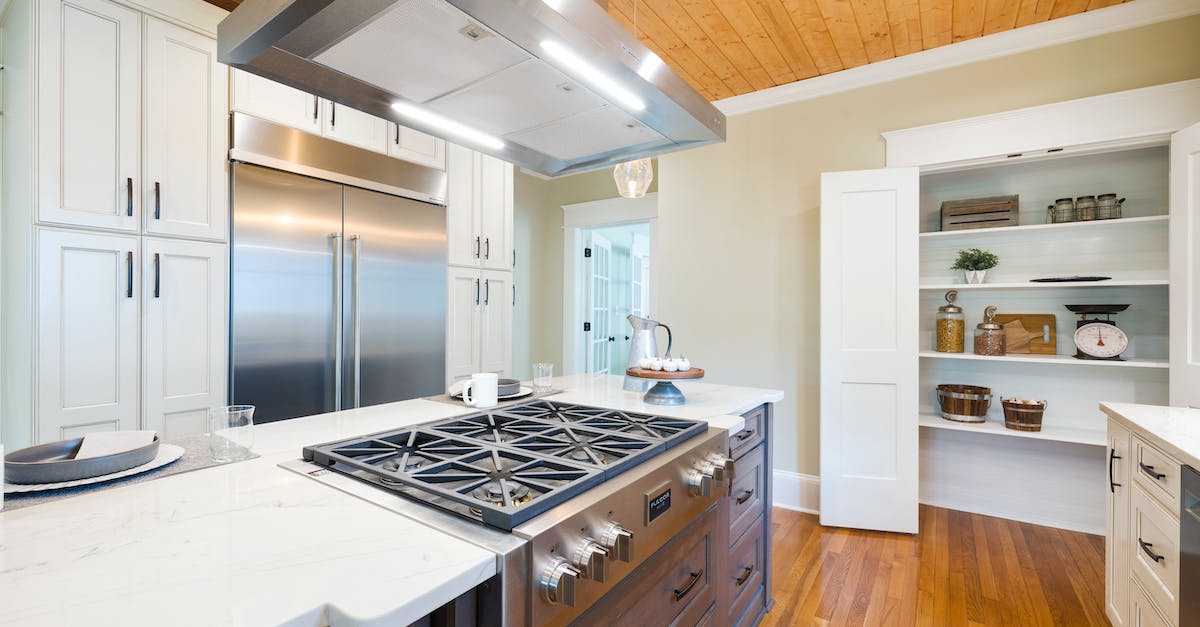Have you ever found yourself trying to follow a recipe only to end up with completely different results than expected? Maybe it’s time to invest in a kitchen scale! As a kitchen scale enthusiast, I can tell you that not only do they help ensure you get consistent results every time, but they can also make cooking and baking easier and more precise.
But with so many options out there, it can be overwhelming to choose the right one. Do you want digital or analog? What features should you look for? And what about those pesky measurements in grams when you’re used to cups and ounces?
Don’t worry, I’ve got you covered! In this article, I’ll be answering all of your burning kitchen scale questions and giving you some tips and tricks to make the most out of your new kitchen companion. So grab a cup of coffee, sit back, and let’s dive into the world of kitchen scales!
Introduction to Kitchen Scales

As a kitchen scale enthusiast, I have come across many questions about these handy little devices. Kitchen scales are the perfect tool for cooking aficionados who want precision in their recipes. They come in different shapes, sizes, and designs, so it’s important to find one that suits your needs. In this article, I’ll answer some of the most common questions about kitchen scales.
What is the purpose of a kitchen scale?
A kitchen scale is a device used to accurately measure ingredients in a recipe. It can measure in ounces, grams, pounds, and kilograms, which makes it easier to get the exact amount needed. Using a kitchen scale ensures that your recipe is accurate and consistent every time you make it.
What are the benefits of using a kitchen scale?
Using a kitchen scale has many benefits, such as:
- Accurate measurements: Using a kitchen scale ensures that you get the exact amount of ingredients needed for a recipe. This can be especially important for baking, where precision is key.
- Consistency: When you use a kitchen scale, you can ensure that your recipe will always taste the same, as you are using the same amount of ingredients every time you make it.
- Less waste: Using a kitchen scale means that you can measure the exact amount of ingredients needed, reducing the amount of waste from excess ingredients.
- Healthier cooking: Using a kitchen scale can help you keep track of portions and calories, which can be especially important for those trying to follow a specific diet.
What should I look for in a kitchen scale?
When choosing a kitchen scale, there are a few factors to consider:
- Capacity: Look for a kitchen scale with a capacity that suits your needs. Some scales can only measure up to a few pounds, while others can measure up to 20 pounds or more.
- Measurement units: Make sure the kitchen scale measures in the units you are most comfortable with, such as ounces, grams, or pounds.
- Accuracy: Make sure the kitchen scale is accurate and precise. Look for scales that have been calibrated and certified by a reputable agency.
- Ease of use: Look for a kitchen scale that is easy to read, easy to use, and easy to clean.
In conclusion, kitchen scales are an essential tool for any cooking enthusiast. They provide accurate measurements and consistent results, making cooking and baking easier and more precise. When choosing a kitchen scale, consider your needs and look for one that suits your cooking style and preferences. Happy weighing!
Why Use a Kitchen Scale

Using a kitchen scale in cooking and baking can be incredibly helpful, especially if you value consistency and precision in your recipes. Here are some specific benefits of using a kitchen scale:
- Achieving Accurate Measurements: Measuring cups and spoons are not always accurate. One cup of flour measured by volume can vary greatly in weight depending on how it’s scooped and packed in the cup. With a kitchen scale, you can accurately measure ingredients by weight, ensuring that your recipes have the right balance of ingredients every time.
- Easier Recipe Scaling: When scaling a recipe up or down, it’s much easier to do so with a kitchen scale. Converting volume measurements to weight can be difficult, but with a kitchen scale, all you need to do is multiply or divide the weight of each ingredient according to the desired yield.
- More Efficient Baking: Baking is a science, and accuracy is key. Using a kitchen scale can help you work faster and more efficiently. No more repeating measures or guessing how much of an ingredient to add. You can simply weigh the ingredients and move on to the next step.
- Minimizing Dirty Dishes: Using a kitchen scale can also minimize the number of measuring cups and utensils you use in a recipe. You can place your mixing bowl on the scale, tare it, and then weigh out each ingredient directly into the bowl. This means fewer dishes to wash and less clutter in the kitchen.
Overall, a kitchen scale is an incredibly useful tool in any kitchen, whether you’re a home cook or a professional chef. It’s a great investment that will help you achieve more consistent, accurate, and efficient results in your cooking and baking endeavors.
Types of Kitchen Scales

1. Digital Kitchen Scale: This type of kitchen scale is the most popular and user-friendly. It has an LCD screen that displays the weight clearly in grams, ounces, and pounds. Digital kitchen scales also have a tare function that allows you to weigh ingredients without the weight of the container. They come in different sizes and styles to suit all kinds of cooking needs.
2. Mechanical Kitchen Scale: Unlike digital scales, mechanical kitchen scales do not require batteries or electricity to function. These scales use a spring system to weigh ingredients, and the weight is displayed on a dial. However, they can be less accurate than digital scales, and you may need to use weights to calibrate them if the dial becomes unbalanced.
3. Analog Kitchen Scale: Analog scales are similar to mechanical scales, but they have a needle that points to the weight on a dial. They also do not require batteries or electricity to function. Analog scales can be tricky to read since the needle can obscure the numbers on the dial. They are also less accurate than digital scales and may require calibration from time to time.
In conclusion, choosing the right kitchen scale depends on your needs and preferences. Digital kitchen scales are the most popular and user-friendly, while mechanical and analog scales are good options if you want a more traditional or retro style. Whichever scale you choose, make sure it is accurate, easy to use, and suits your culinary needs.
How to Choose a Kitchen Scale

- Type of Scale: There are two main types of kitchen scales, mechanical and digital. You have to decide which one you want to go for. Mechanical scales have a traditional appearance and are often quite simple in their design. They’re also less accurate than digital scales. Digital scales, on the other hand, are precise and easy to read, with digital displays that show you the weight down to the decimal point.
- Maximum Weight: Some scales have a maximum weight capacity of just 5 or 10 pounds, while others can handle up to 20 or 30 pounds. Think about what you’ll be using your scale for and make sure it has the capacity to handle it. If you’re using it primarily for cooking, you might not need one with a high capacity. But if you’re using it for weighing larger items like packages or ingredients for bulk recipes, you’ll need a scale with a higher capacity.
- Accuracy: Accuracy is critical when it comes to cooking and baking. Precision is required for precise recipes, and having an inaccurate scale can lead to poor results. Some scales are more accurate than others, so be sure to check the accuracy rating before purchasing. Look for scales that have at least a one-gram accuracy at a maximum weight capacity.
- Bowl or Platform: Some scales come with a built-in bowl or platform, while others require a separate container for measuring. Consider your preferences when selecting a scale. A built-in bowl or platform makes things simpler, eliminates unnecessary clutter, and is often easier to clean up. However, some people prefer to use their containers, making it easier to measure and transfer ingredients from one bowl to another.
- Units of Measurement: You’ll almost certainly want to choose a kitchen scale that measures in metric and imperial units, making it easier to follow recipes from all over the world. The majority of kitchen scales will offer measurements in grams, ounces, pounds, and kilos. Some also offer measurements in milliliters or fluid ounces, which can be useful for liquids. Make a list of your most commonly used units of measurement and make sure the scale you choose can handle them.
Overall, choosing a kitchen scale isn’t difficult. Determine what you want to use it for and what features are most important to you. Finally, choose a scale that fits your budget and meets your needs.
Tips for Using a Kitchen Scale

If you’re new to the world of cooking, or you’re looking to improve your skills in the kitchen, a kitchen scale can make a big difference. Here are five tips for using a kitchen scale to help you measure your ingredients accurately and take your cooking to the next level:
- Zero your scale before measuring: Make sure your kitchen scale is set to zero before you start measuring your ingredients. This will help you get an accurate measurement and prevent any discrepancies in your recipe.
- Use tare weight: Tare weight is the weight of the container or utensil you’re using to hold your ingredients. By taring your scale, you can subtract the weight of the container from the overall weight, making it easier to get an accurate measurement of your ingredients.
- Convert measurements: If you’re using a recipe that provides measurements in grams but you’re more familiar with ounces or vice versa, you can convert the measurement using an online converter. This will ensure that you’re measuring accurately and following the recipe correctly.
- Check the weight capacity: Make sure you check your kitchen scale’s weight capacity before using it. Some scales may have a limited weight capacity, so it’s important to check before you start measuring.
- Clean your scale regularly: To ensure that your kitchen scale stays accurate and in good condition, clean it regularly. Use a damp cloth to wipe it down, and make sure to remove any residual ingredients that may be stuck to the surface.
By following these tips, you can use your kitchen scale to measure your ingredients accurately and make delicious meals with confidence.
Frequently Asked Questions about Kitchen Scales

1. How do I calibrate my kitchen scale?
Tip: Check the manufacturer’s instructions on how to calibrate your particular scale. Most often, you can calibrate your kitchen scale by placing a known weight, such as a nickel or a set of calibration weights, on the scale and adjusting the reading accordingly.
2. What kinds of foods can I weigh on my kitchen scale?
List Item: Meat, vegetables, fruits, grains, nuts, seeds, and liquids. Essentially, any ingredient that can be measured by weight can be weighed on a kitchen scale.
3. How accurate are kitchen scales?
Tip: The accuracy of a kitchen scale will depend on the quality of the scale and its calibration. When purchasing a kitchen scale, look for one that is calibrated to at least 1 gram accuracy.
4. What are the benefits of using a kitchen scale?
List Item: Better accuracy in measuring ingredients for baking and cooking. Consistency in portion sizes for meal prep. Easy conversion between metric and imperial units. Less mess and fewer dishes to clean compared to measuring cups and spoons.
5. Can I weigh multiple ingredients on my kitchen scale at once?
Tip: Some kitchen scales have a tare function, which allows you to weigh multiple ingredients in the same container by resetting the scale to zero after adding each new ingredient.
6. How do I properly care for my kitchen scale?
Tip: Wipe down the surface of your kitchen scale after each use with a slightly damp cloth. Avoid submerging the scale in water or using abrasive cleaners. Store your kitchen scale in a dry place, away from direct heat or sunlight.
Conclusion
And with that final question, we come to the end of our Kitchen Scale FAQs. I hope I’ve been able to convince you of the many benefits of owning a kitchen scale, and perhaps even inspired you to become a bit of a kitchen scale enthusiast yourself!
In conclusion, kitchen scales are truly a game-changer in the kitchen. Gone are the days of guessing measurements or struggling to convert recipes. With a kitchen scale, you can measure with precision, easily switch between metric and imperial units, and even save time and reduce waste by measuring ingredients directly into mixing bowls or other containers.
So whether you’re a seasoned home cook or a beginner looking to up your kitchen game, a good kitchen scale is a must-have tool. Trust me, once you start using one, you’ll wonder how you ever managed without it!

